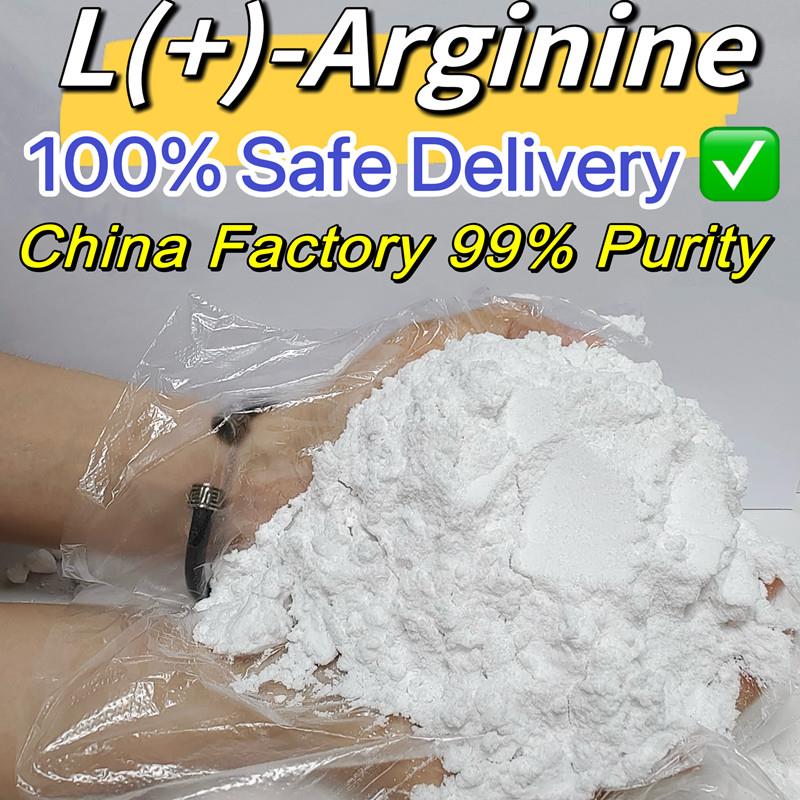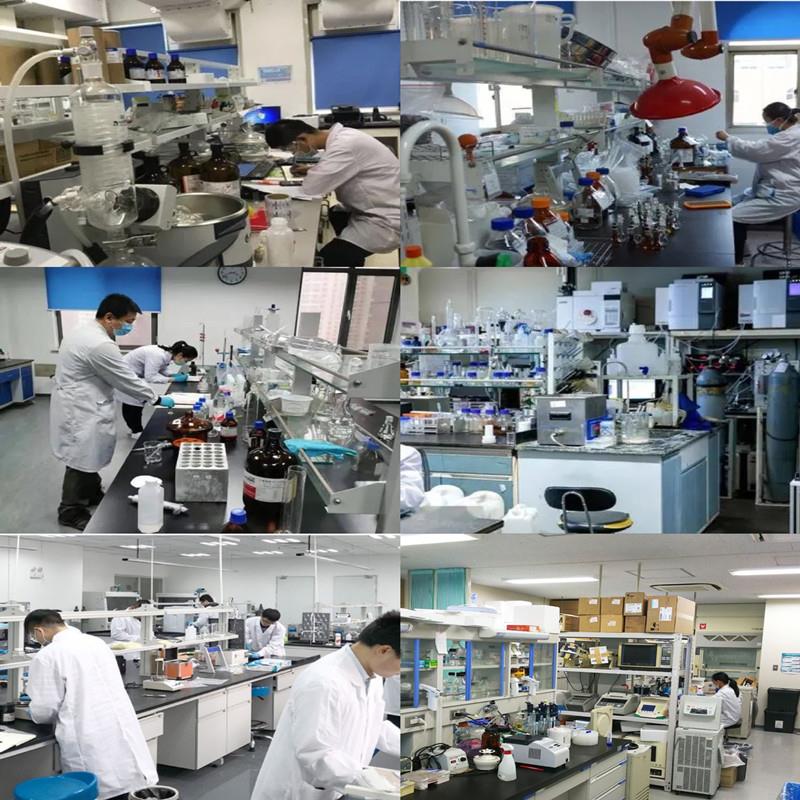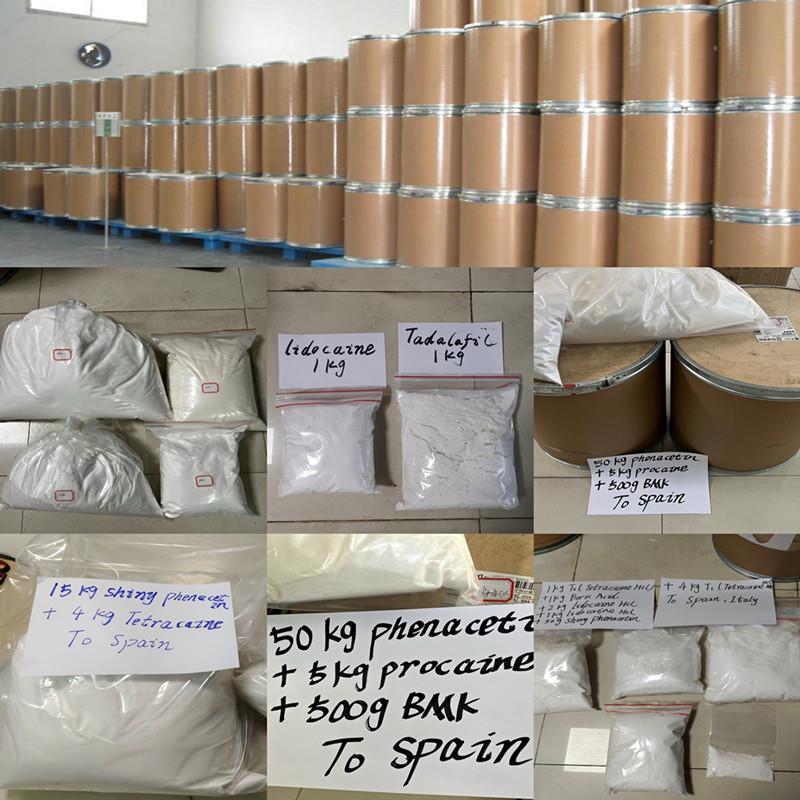What's L(+)-Arginine?
L-arginine is an amino acid encoded in protein synthesis and is one of the 8 essential amino acids for the human body. The body requires it to perform many functions. For example, it stimulates the body to release specific chemicals such as insulin and human growth hormone. This amino acid also helps remove ammonia from the body and promotes wound healing. The body also needs it to produce sarcosine. Nitric oxide is produced when L-arginine is broken down, thus dilating blood vessels and increasing blood flow. Under normal circumstances, the body can produce enough L-arginine itself. But when it is insufficient, it can be supplemented by eating foods rich in arginine. L-arginine can be found in any food containing protein, such as meat, poultry, cheese products, fish, etc. Foods rich in arginine include almonds, walnuts, dried sunflower kernels, dark chocolate, chickpeas, melon, peanuts, raw lentils, hazelnuts, Brazil nuts, red meat (in moderation), cashews, salmon, pistachios Fruits, soybeans and walnuts.
Application:
1. Used for biochemical research, various types of hepatic coma and viral hepatic alanine aminotransferase abnormalities.
2. Nutritional supplements; flavoring agents. Heating reaction with sugar (amino-carbonyl reaction) can obtain special flavor substances. GB 2760-2001 stipulates food spices that are allowed to be used. An important component of amino acid infusion and comprehensive amino acid preparations.
3. Amino acid drugs.
4. Used as pharmaceutical raw materials and food additives
5. Nitric oxide synthase substrate, which can be converted into citrulline and NO. Induces insulin secretion by a NO-dependent mechanism
6. Arginine is an essential amino acid for maintaining the growth and development of infants and young children. It is an intermediate metabolite of the ornithine cycle and can promote the conversion of ammonia into urea, thereby reducing blood ammonia levels. It is also the main component of sperm protein, which can promote sperm production and provide energy for sperm movement. In addition, intravenous injection of arginine can stimulate the pituitary gland to release growth hormone and can be used for pituitary function tests

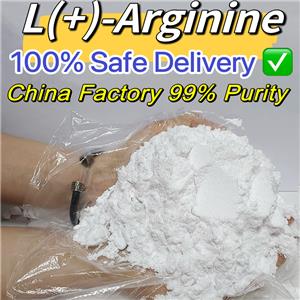

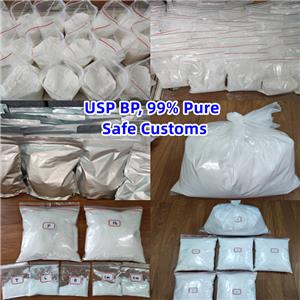

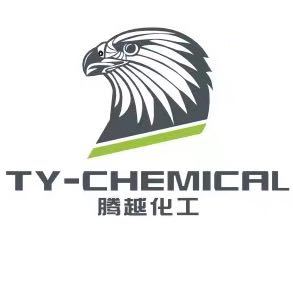
 China
China
